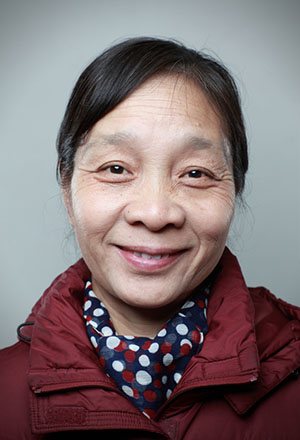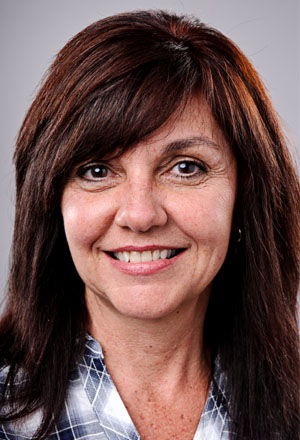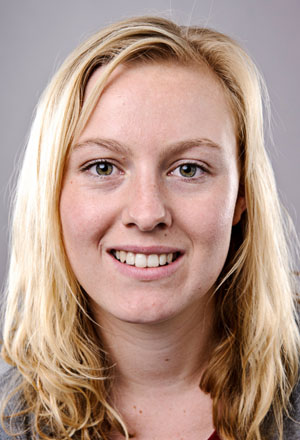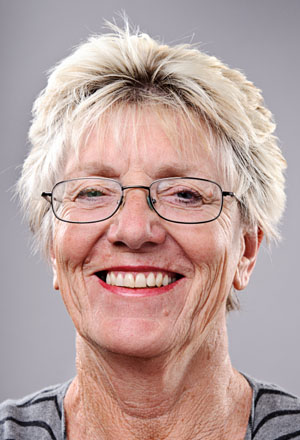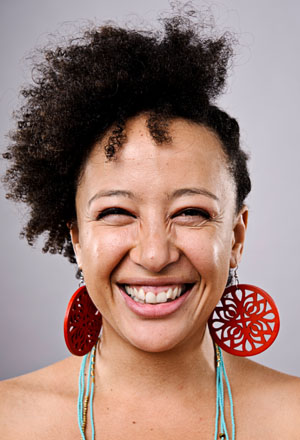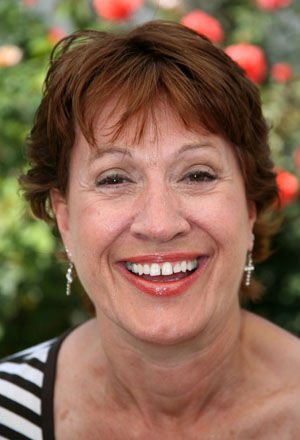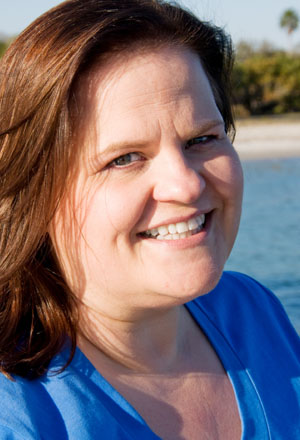About Fair Play South West update July 2020
Despite years of equality legislation and the declared will of many policy-makers, women continue to be subject to economic, health, safety and power inequality in the UK. These inequalities are experienced strongly in the South West of England. There are some signs of optimism that the current government is committed to the Equality Act 2010 and is slowly considering bringing into force clauses undermined by the previous government. In addition, devolution to tegional authorities has opened up opportunities for local activists to make a difference.
We are the Women’s Equality Network for the south west of England covering counties and cities south from Gloucester and west from Dorset and Wiltshire. We do research and consult women on their aspirations and barriers to achieving them. We work with women’s organisations and other representative groups to lobby and campaign for the removal of those barriers and the furtherance of women’s rights.
We are currently working closely with organisations in the West of England to reduce women's poverty through local action on the caring economy, and public procurement in social care, construction and other sectors.
We also work with national organisations including the Women's Budget Group, Women's Resource Centre, Equally Ours, to further the cause of women in the political, social and economic spheres.
Economic and social equality for women in the South West
Despite years of equality legislation and the declared will of many policy-makers, women continue to be subject to economic, health, safety and power inequality in the UK. These inequalities are experienced strongly in the South West of England where women’s inequality is increasing under current public policies. In recent years we have seen attacks on legislation intended to promote greater equality, existing legislation not being implemented adequately and a regression in public attitudes to the principles of equality and social progress.
We are the Women’s Equality Network for the south west of England covering counties and cities south from Gloucester and west from Dorset and Wiltshire. We do research and consult women on their aspirations and barriers to achieving them. We work with women’s organisations and other representative groups to lobby and campaign for the removal of those barriers and the furtherance of women’s rights.
Our current campaigns include improving women’s influence in public policy and practice through greater participation at national level and greater recognition of their leadership at local and community levels. We are also working to improve public provision of childcare which is crucial not only for children’s development but also to enable women to get into well paid employment. Other major issues we are campaigning on are adult social care, flexible working in well paid jobs, the needs of self-employed, freelance and casual workers.
We support the build back better campaign as local and national policy makers plan to kick-start the post-lockdown economy, seeking both a feminist democracy and a feminist economy.
Fair Play South West is made up of individuals and organisations based in the South West of England that share a commitment to promoting gender equality and eliminating gender-based discrimination and disadvantage wherever it may exist, and by all available means. Fair Play South West's vision is economic and social equality for women in the South West.
Investment in care is as important as investment in buildings
Investment in care is as important as investment in buildings
FPSW Press Release on the ‘Summer Statement’ July 2020
“I could scream” says Fair Play South West Chair, Jackie Longworth
“How many times, and by how many economy experts, does it have to be said before the Government takes any notice?”
The Covid-19 pandemic has shown the crucial economic value of women’s work in both childcare and adult care (paid and unpaid) as well as in the NHS. It has also shown the vulnerability of these sectors to under-funding, low wages and inadequate supply to meet demand for paid for support.
And yet, the Chancellor’s latest emergency investment strategy is totally ignoring the fragile care sectors. This puts at grave risk not only the jobs in those sectors but also the ability of women to return to other jobs in the economy. It is not only an issue of women’s equality, it is also a massive drain on the economy if a large proportion of the workforce is not available, not earning, not spending, not paying taxes and relying on social security income.
In addition to health and social care, the majority of the key workers defined by the Government have been in the women-dominated sectors of education and childcare, local and national government, charities delivering frontline services, food production and processing. These workers have put themselves and their children at risk of the virus and in many cases have been working longer hours in more stressful conditions than before the pandemic. It is clear that investment in ‘women’s work’, social infrastructure and local government is essential for the future of the economy and resilience against any future economic shock, as has been highlighted in other countries such as Germany, where the response to the pandemic has been more effective.
Many organisations in the UK have been publishing research papers and articles in the press and on-line, including the IFS and WBG, making these points and recommendations which the Chancellor should have actioned in this ‘summer statement’ but hasn’t. The Government should recognise that the general public too have seen how investment in care is as important as investment in buildings.
Note for Editors
Fair Play South West is the women’s equality network for the SW of England
@FPSouthWestLatest Fair Play SW Podcast is published! October 2019
http://fairplaysouthwest.libsyn.com/fair-play-south-west-podcast-2
Clare Moody discusses Brexit and women's influence with Fair Play South West
Feminist Democracy Project being launched March 2020
Written by Jackie Longworth, Chair of Fair Play South West.
Fair Play South West, the women’s equality network, has started a new project to explore ways in which UK democracy could be improved to ensure that the views and voices of women and women’s organisations are heard and influence policy and practice. Several recent trends and events have caused a growing concern that hate, misogyny, and populism are pushing back on progress on women’s equality – hard won by the suffrage and feminist movements of the 20th century.
The 2016 referendum has been seen almost as an over-riding part of our democracy, with Parliament being cast as the bad guy when it sought to ensure that women’s rights, minorities, workers and the vulnerable were protected in the legislative process. That is in fact a fundamental role of Parliament within our democracy with referenda as advisory not supreme. Furthermore, during the run up to the referendum there was a notable absence of women’s voices in the mainstream media or political sphere, despite the fact that most women’s organisations were saying that the consequences of leaving would be gendered with grave risks for equality developments in both employment and services. This absence of any notice being taken of women’s perspectives has continued in the subsequent negotiations and debates, despite them being strongly articulated by well-respected organisations such as the Women’s Budget Group. This mirrored the lack of notice taken by government of women’s perspectives during the austerity years.
There is a real risk that the move towards decision by referenda and majority opinions heralds a rise in populist extremism as has been seen in other countries. It is exacerbated by the election of a Parliament with a huge majority supporting an Executive bent on changing the constitution to restrict the powers of the Courts and possibly of Parliament itself. Their aim, driven by the Supreme Court’s ruling on proroguing parliament, is to enable the Executive to act outside the Law as determined by previous Parliaments, including that which establishes the supremacy of Parliament over the ‘Crown’ and its Ministers. This way lies dictatorship.
There are also fears that the Government intends to withdraw from the Council of Europe’s Convention on Human Rights and replace it with a weaker Bill of Rights, as mentioned in their manifesto. These fears arise from the absence of any HR commitments in their negotiating position paper with the EU. A further step towards dictatorship?
Within this context, the Government is setting up a ‘Constitutional Commission’. It is not clear how or even whether the general public will have any input to this, but Fair Play South West is keen to ensure that women and women’s organisations are influential. The risk is the commission will be a cover for implementing dictatorial changes. The opportunity for us may be to change the system to make it more responsive to all diverse needs and opinions. Our project aims to ensure the latter.'Misogyny' says UN Rapporteur on Poverty
www.fairplaysouthwest.libsyn.com
Fair Play South West Podcast, Series 1, Episode 1
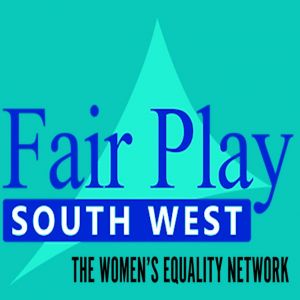
Women's Black Lives Matter
|
Four years ago the Black Lives Matters Global Organisation began to organise itself into a chapter based movement fighting for the freedom, liberation and justice of Black people in America. The events of the past few weeks, with the senseless murder of George Floyd, and the ravaging impact of the COVID19 Coronavirus Pandemic where people from Black and Minority Ethnic (BAME) communities have been dying at four times the rate of their white counterparts within the UK, it is timely and sobering anchor point for Bristol Women’s Voice to fundamentally state that BLACK LIVES MATTER. As a Black woman of Jamaican heritage born in Britain and raised in Britain, and as the Director of this organisation I will use my platform to say that structural, systemic racial inequality is not new. It is now, with the power of video-smartphone technology, and the undeniable death rate of COVID19 that the decades of consistent, unrelenting compressions of racial inequality for BAME communities are coming to light in ways that we, all of us, can not turn away from. When you plant seeds, the harvest of that seed will grow. The seeds have been structural and systemic inequity, the harvest is disparity for people from BAME communities across every area of life: Research outcomes from the Runnymede Trust and University of Manchester Centre of Ethnicity (CoDE), the Race Equality Foundation and IMKAAN (organisation outline how structural racial inequality continues to exist in the UK Fair Play South West Manifesto 2019We are the Women’s Equality Network in the south west of England
(http://www.fairplaysouthwest.org.uk/), @FPSouthWest
We are not a political party and we do not have candidates standing in this election. We issue this
statement / ‘manifesto’ in case it helps people decide how to vote.
Progress in Women’s political, social and economic equality is at risk from a growing manifestation
of abuse, hate crime and populism within the UK, as in other parts of Europe
The right to vote and stand in UK elections was gained by women after nearly 30 years of
campaigning, demonstrating, torture and death, until 1928 when all women were finally given the
same rights as men to participate. This hard won right must not be squandered. Nor must we stand by
while voting rights of EU nationals and migrants are restricted and they are prevented from
accessing public services and positions of influence.
Since the EU referendum of 2016 the Brexit debate has become increasingly toxic and violent, to the
point where many MPs are deselecting themselves from standing in the 2019 General Election. Women
are over-represented amongst MPs giving up on a future political career, citing violent and
threatening harassment as a key factor in the decision to resign from a job they believe in and
value. BME women MPs have been particularly targeted for abuse and this both reflects and
encourages hate crimes in the wider public, particularly against migrants.
Whilst much of this harassment and abuse is coming from outside Parliament, there is a worrying
amount coming from politicians and Party officials themselves. The use of social media by pro
Brexit political parties and individuals has spread misinformation as well as threats and
intimidation. This behaviour undermines both the credibility of Parliament and the participation in
democratic processes of women and minorities who have been targeted.
Despite this, many Women are acting as leaders of change within their communities, local politics,
civil society and in Parliament
The contribution of these women goes largely unrecognised and unsung in the media. Women continue
to campaign: for equal pay; for better support for survivors of violence and sexual assault and
better enforcement of laws against perpetrators; for quality childcare and social care for all,
free at the point of use; for quotas of women in decision making positions; for better health
provision; for sex-based rights; for removal of taxes on sanitary products; for reductions in
climate-changing activities; and more.
Membership of the European Union has been good for UK women
1. At times when the UK government has not always had women’s equality and rights at its heart,
membership of the EU has brought us:
a. Fundamental Treaty obligations on equal treatment of women and men;
b. The principle of equal pay for work of equal value;
c. Directives on equal treatment in pay, employment, statutory and occupational social security,
access to goods and services;
d. Rights for pregnant workers, maternity and paternity rights;
e. Pension rights for women;
f. And many others2.
2. The EU has funded a number of projects within the UK specifically to advance the rights,
safety and well-being of women and continues to do so3, including for example:
a. Projects to support survivors of domestic abuse, violence against women and rape;
b. Projects to enable women to access decent employment;
c. Projects which promote women’s equality and gender mainstreaming.
3. It has enabled and empowered women in the UK to participate in Europe-wide networks and formal
structures of women to influence policies and legislation in a way which has not always been
possible within the UK itself.
In the light of the above, the Women’s Equality Network, Fair
Play SW, is calling4 on all candidates in the 2019 UK election to
commit to:
➢
Behave with respect for all others, not using language which is
inflammatory or misogynistic.
➢
Place equality and human rights at the centre of policy and law-
making.
➢
Legislate to remove barriers to women’s equal participation in
politics, society and the economy.
➢
Ensure that gender budgeting is carried out in all tax and spend
decisions.
➢
Legislate to improve women’s safety in the home, at work and
on the streets.
➢ Establish and fund formal mechanisms for the involvement of women’s organisations in policy and
law-making, such as those which exist within the EU.
➢ Ensure that trade deals made with the EU and other countries include non-regression in women’s
rights (and employment rights more generally).
➢ Ensure that women’s perspectives on environmental issues and climate change are included in
policies and actions.
➢ Support the specific policy asks in the SW Women’s Manifesto
Women for Europe, by Jackie Longworth, August 2019Now is the time, when a no-deal Brexit is looking increasingly likely, for women who value being EU citizens to make a stand. Women, particularly those in the women's rights movement, are saying: 1) We want to take back control of our rights: as EU citizens in a Europe being taken over by macho populists; as UK citizens in a UK where parliamentary democracy is being undermined by a few power-grabbing (largely) men; and as people concerned about the inequalities growing within our society and economy. 2) We want to take back control of how resources within our country are distributed and used for the benefit of all people not just the wealthy and powerful. We currently live in a country which has allowed those in power to be appointed by an unrepresentative few of the population, and thus our only protection against erosion of our rights is our membership of the EU legislative process and compliance with those laws to which our country signed up and in many cases instigated. Our membership of the EU has brought us peace in a world where peace is not guaranteed by division and separatism. As well as a relatively stable economy, it has brought us social progress in workers' rights, women's rights, rights for disabled people, for older people, for children and for minority groups. Our membership of the EU has brought us a wider citizenship giving us freedom to travel to countries which diversify our experiences and to meet people who broaden our outlook and knowledge. As a women's movement we value working with women from different cultures and histories, to influence policies and laws, for the benefit of women and their families. Women benefit directly from the resources devoted by the EU to social projects and supporting the voluntary organisations which help vulnerable people. We want to keep all these benefits. We are unappologetic 'remainers', whatever 'leave deal' politicians may make with the EU. We are tired of our voices not being listened to or taken seriously. We belong to the almost half of the voters who voted to remain in 2016, and are tired of being told that 'the British people' made a decision when only just over half of them did. We may be a minority but we are a big one - much, much bigger than the minority which chose our current government. It's time to make our voices heard.
Views expressed are those of the author, not necessarily of Fair Play South West
|



